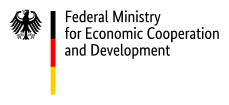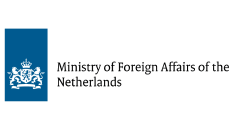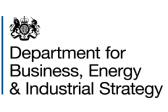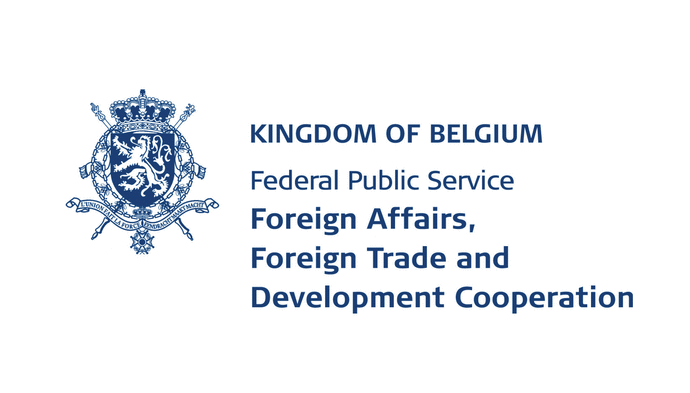Opening

Foreword by the NDC Partnership Co-Chairs
Senator the Hon. Mathew Samuda, Minister without Portfolio in the Ministry of Economic Growth and Job Creation, Jamaica and Rt Hon Alok Sharma MP, COP 26 President Designate
This time last year COP26 produced breakthrough outcomes that will have a positive effect on climate action for decades to come. More than 150 countries, including 100 NDC Partnership members, submitted new or updated NDCs to the United Nations Framework Convention on Climate Change in the lead up to the Conference in Glasgow. Participants pledged to phase out fossil fuel subsidies and phase down the use of coal. Countries finalized the Paris rule book and reached important agreements on international carbon markets. The Glasgow Pact evidences a global commitment to solutions and kept alive the possibility of limiting the rise in average global temperature to 1.5 degrees above pre-industrial levels.
We left Glasgow with a shared challenge to protect this commitment and turn it into action. Yet, major geopolitical events threaten to hamper our ongoing efforts to raise ambition further. The war in Ukraine is having a catastrophic effect on human lives in the region and around the world and has once again exposed our reliance on fossil fuels. At the same time, the impacts of climate change are getting worse, as seen through, ongoing devastating droughts, floods, fires, and tropical storms, highlighting that climate change is happening now, and it is impacting lives. For example, in June of this year, the worst flooding in the history of Pakistan, affected some 30 million people. Additionally, while countries are increasingly managing the effects and spread of COVID, the road to recovery is long and expensive, limiting fiscal space, which risks derailing progress on climate.
These are alarming developments, especially given the latest IPCC report, which stresses the window is rapidly closing for keeping warming under 1.5C and global emissions must be cut in half by 2030. These challenges highlight why it is more important than even that we work together.
As Co-chairs of the NDC Partnership for the past two years, we have seen tremendous progress and growth in the level of cooperation among members and key stakeholders. We are also pleased to see that during this time we have seen an increase in the impact the Partnership has in supporting developing countries to reach their NDC mitigation and adaptation targets. The Partnership is prioritizing climate finance with a new strategy, designed to close the gap between financiers and developing countries. This report highlights some of these efforts and demonstrates that with the right programs and tools, climate finance can flow to where it is most needed to make a crucial, impactful difference for countries.
The NDC partnership’s mandate is to ensure the implementation of the NDCs, including through improving access to finance. The NDC Partnership is uniquely positioned to bridge this gap, both in terms of financing climate action, and linking climate with development.
We embedded more than 50 advisors in 30 countries and the African Union Commission to support green recovery. We are providing ten central banks, representing 17 Partnership countries, with technical assistance to enhance their capacity to mainstream climate into regulatory and supervisory responsibilities and overall risk management. Together, we are consulting more than 30 international private-sector entities to understand how countries can best engage them in their investment needs. We identified close to 240 projects from 15 countries for support through country NDC implementation plans. We are taking concrete steps in 21 countries to highlight and match support to critically under-funded adaptation investment needs. Ten countries have launched NDC investment plans, with further efforts underway benefiting from new guidance and best practices development by the NDC Partnership.
We are proud of the NDC Partnership’s evolution, and eager to see what the future holds for the member countries whose ambitious climate action plans set them on course to achieve the lofty yet realistic goals they have set for themselves and the planet. However, the road ahead will not be easy. Tremendous political capital was invested into countries’ climate commitments, and we need to keep the momentum going and ensure the finance is available to implement these bold plans. Likewise, we need to encourage partners to strengthen their collaboration through the Partnership to make the best use of the resources being deployed in response to country needs. If our experience as Co-Chairs has taught us anything, it is that pursuing climate action through the structure of the Partnership is one of the most effective ways for countries to realize their climate ambitions.
Letter from the Finance Task Force Champions

The NDC Partnership Finance Task Force was championed by Beatrice Cyiza, Director General of Environment and Climate Change at Rwanda’s Ministry of Environment and Jan-Willem van de Ven, Head of International Climate Policy and Engagement at the European Bank for Reconstruction and Development.
The NDC Partnership plays a pivotal role in guiding countries toward updating and enhancing their nationally determined contributions (NDCs). Now that this challenging task for the latest round of NDC updates has largely been completed, the Partnership is focusing its efforts on supporting member countries with implementation. Key to this is the recently launched Finance Strategy, of which we were proud to serve as champions on behalf of the NDC Partnership Steering Committee.
The Finance Strategy for the Partnership provides key pointers on how financing for NDC implementation can be unlocked, accessed and mobilized for countries. It describes how we can work collaboratively to respond to member countries’ finance needs and seek to foster cooperation with institutional and development partners.
While the role of facilitating climate finance to developing countries has been a priority for the Partnership in the past, it is significant that we have organized the Partnership’s work into a clear strategic vision, based on the inherent strengths of having numerous developing country members, financial institution members and other countries and organizations with expertise in bringing stakeholders together. By prioritizing climate finance and support to bridge the gap, the Partnership will increase its success in matchmaking between countries, implementation partners and financiers.
Indeed, the Partnership, acting through its members, is uniquely positioned to facilitate and support the climate finance equation. First, from the developing country perspective, or the demand side, the Partnership contributes to capacity building for climate budget earmarking, supports countries in improving their enabling investment environments and facilitates knowledge transfer among peers that provides countries with relevant tools and technical know-how based on real-world results.
Second, perspective from financiers, or the supply side, provides important insights into business opportunities and market realities. In light of different ongoing crises, partnerships will be critical to support the implementation of countries’ revised and ambitious NDCs that send early and predictable signals to investors about envisaged low carbon and climate-resilient pathways.
This report describes exciting and innovative work happening on the ground in countries and regions. A dramatically scaled up action is needed to meet the objectives of the Paris Agreement by both countries and partners of the Partnership. There is a lot of work to do, in spite of increasing climate finance figures. Strategies on climate finance like the one developed by the NDC Partnership can help toward ensuring the implementation of all countries’ climate ambitions.
About the Partnership
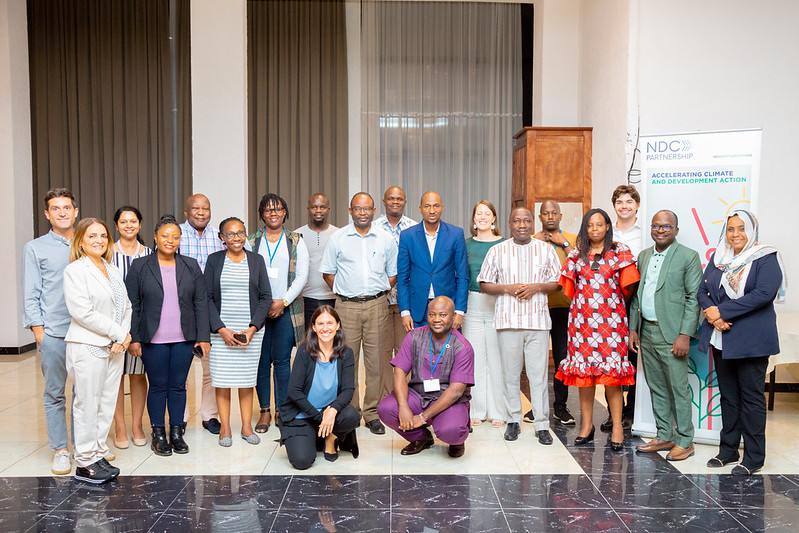
The effects of climate change are far reaching and interconnected; so too must be our response. Transformational change is needed to cut emissions and adapt to a changing climate, all while meeting development needs. Such change requires ground-breaking coordination to mobilize resources globally, with speed and scale.
The NDC Partnership brings together more than 200 members, including 120 countries, developed and developing, and more than 80 institutions to create and deliver on ambitious climate action that helps achieve the Paris Agreement and the Sustainable Development Goals (SDGs). Governments identify their NDC implementation priorities and the type of support that is needed to translate them into actionable policies and programs. Based on these requests, membership offers a tailored package of expertise, technical assistance and funding. This collaborative response provides developing countries with efficient access to a wide range of resources to adapt to and mitigate climate change and foster more equitable and sustainable development.
Founded in 2017, the Partnership has supported more than 80 developing countries with designing, enhancing and implementing their NDCs. Representative of its diverse membership, the NDC Partnership is led by two co-chairs at the ministerial level and actively guided by a Steering Committee, which provides strategic guidance to ensure that the Partnership achieves the objectives of its Work Program. The Partnership’s work is facilitated by the Support Unit, a neutral broker that enables member and partner coordination, planning and convening by engaging stakeholders across the whole of government and whole of society. The Support Unit is hosted by the United Nations Framework Convention on Climate Change (UNFCCC) Secretariat, the World Resources Institute (WRI) and the United Nations Office for Project Services (UNOPS).
The Partnership’s approach powers a collective response in which the whole is greater than the sum of its parts. Learn more about the Partnership, including which countries we have supported and who our members are.
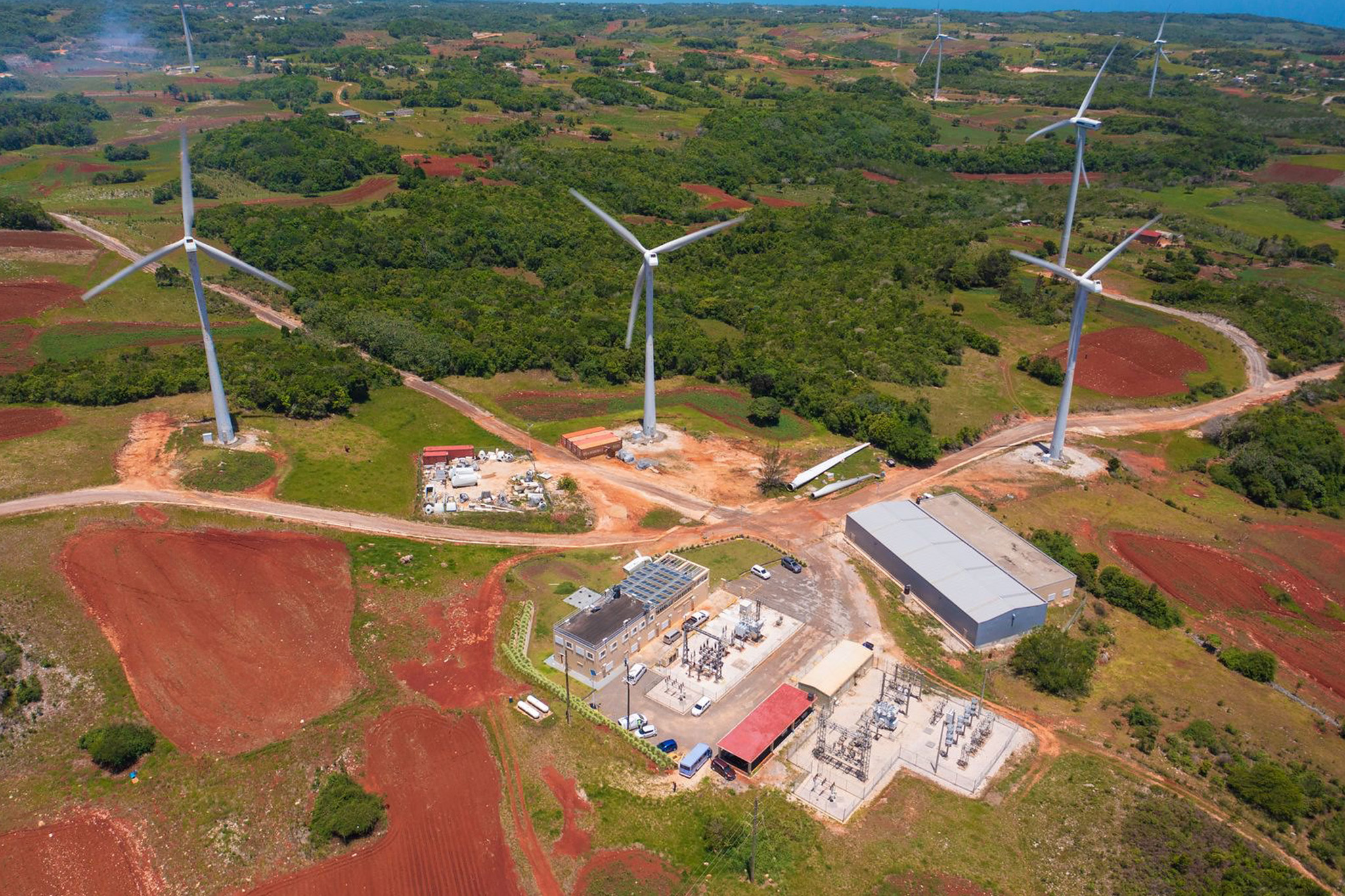
Introduction
In 2022, the Partnership launched its Finance Strategy, which provides what we believe are the best solutions to issues that slow and stymie the flow of finance to developing countries who seek to take ambitious climate action. These solutions are matched to the unique role that NDC Partnership members play.
Read More
